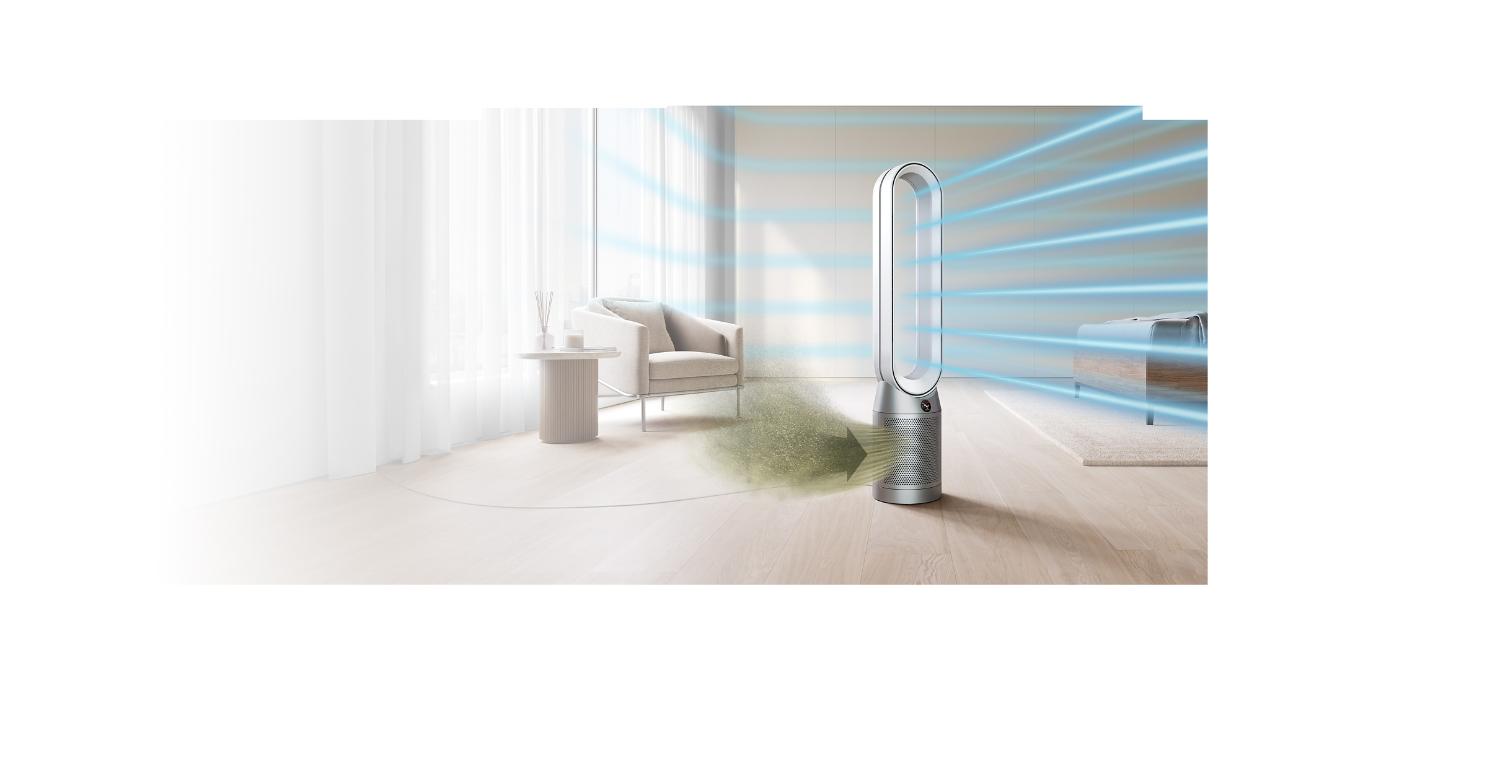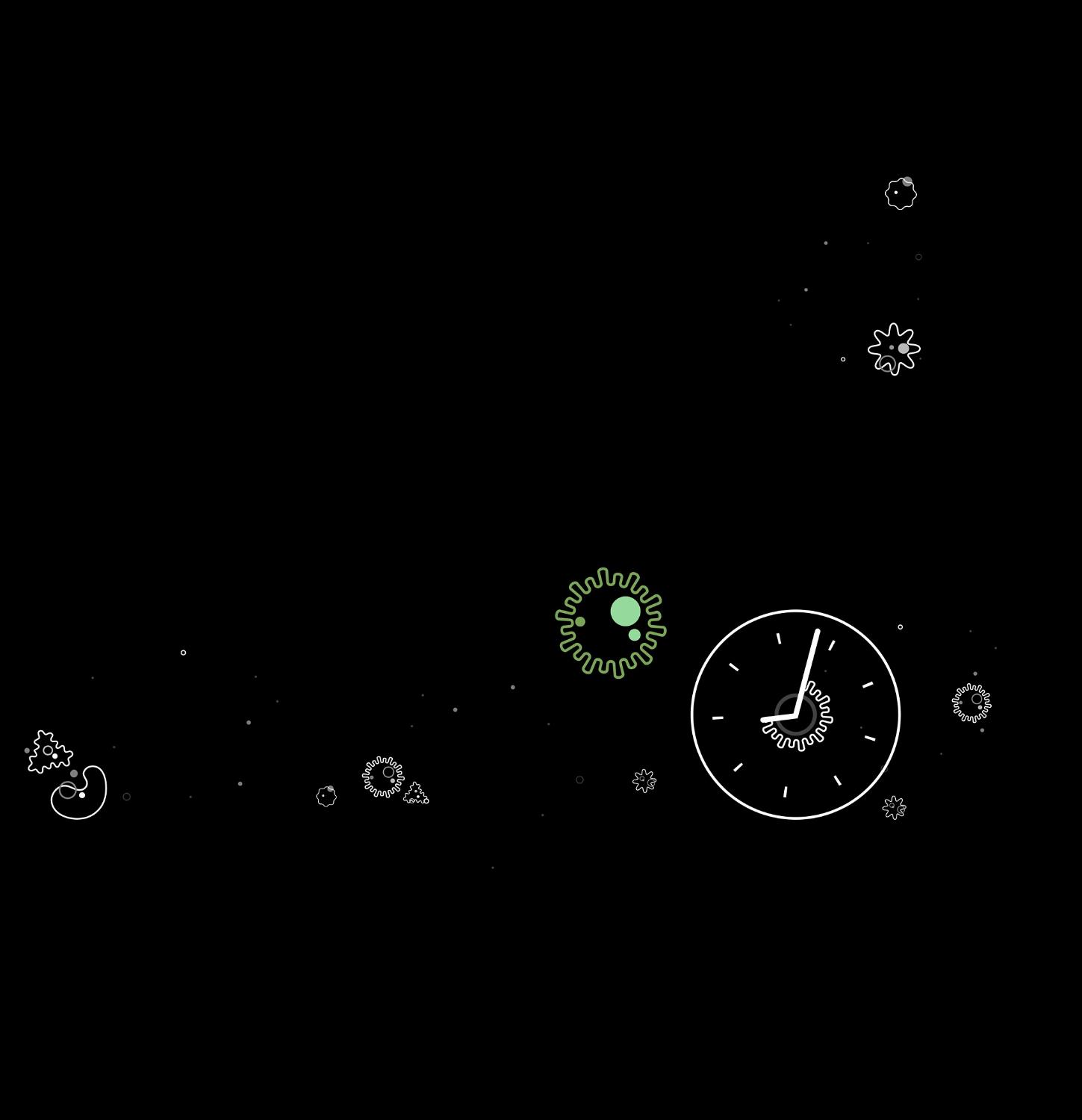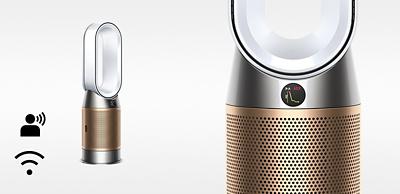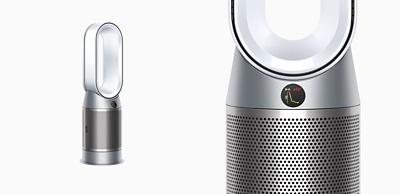
Germs from a sneeze can travel up to 6 meters.






Read more on air quality and purification
-

Using Dyson's prototype air quality backpack, we're investigating the quality of the air we breathe in cities around the world.
-

Using Dyson's prototype air quality backpack, we're investigating the quality of the air we breathe in cities around the world.
-

Results from Dyson’s air quality lockdown project indicate increased PM2.5 levels indoors during lockdown and a reduction in NO2 levels outdoors.
Find the right one for you
Cooling and heating, with air purification. Dyson purifying fans and heaters capture gases, allergens and 99.95% of pollutants from the air.
Compare
Frequently asked questions
Dyson purifiers, thanks to a 360 ° sealed filtering system remove gases and ultra-fine particles up to 0.1 microns * including PM 10 which include pollen and allergens; PM 5.0 or moulds and bacteria.
Yes. The HEPA filter captures 99.95% of the ultrafine particles and traps them, so that the air flow that is then diffused into the room is purified and free of polluting particles, including bacteria.
Dyson purifers capture H1N1 virus and 99.95% of particles as small as 0.1 microns.
Dyson purifiers have high-pressure seals at 24 critical points, combined with Dyson’s fully-sealed filtration system, means our whole purifier meets HEPA H13 standard. Our fully sealed filters trap pollutants, rather than leaking them back into the room.
Yes. Dyson engineers have combined both the HEPA and activated carbon filters into one. This allows Dyson to reduce our environmental footprint by reducing the amount of plastic that was previously required for two separate filters. What’s more, the frame on our new HEPA+Carbon filter is now made from recycled plastic.








